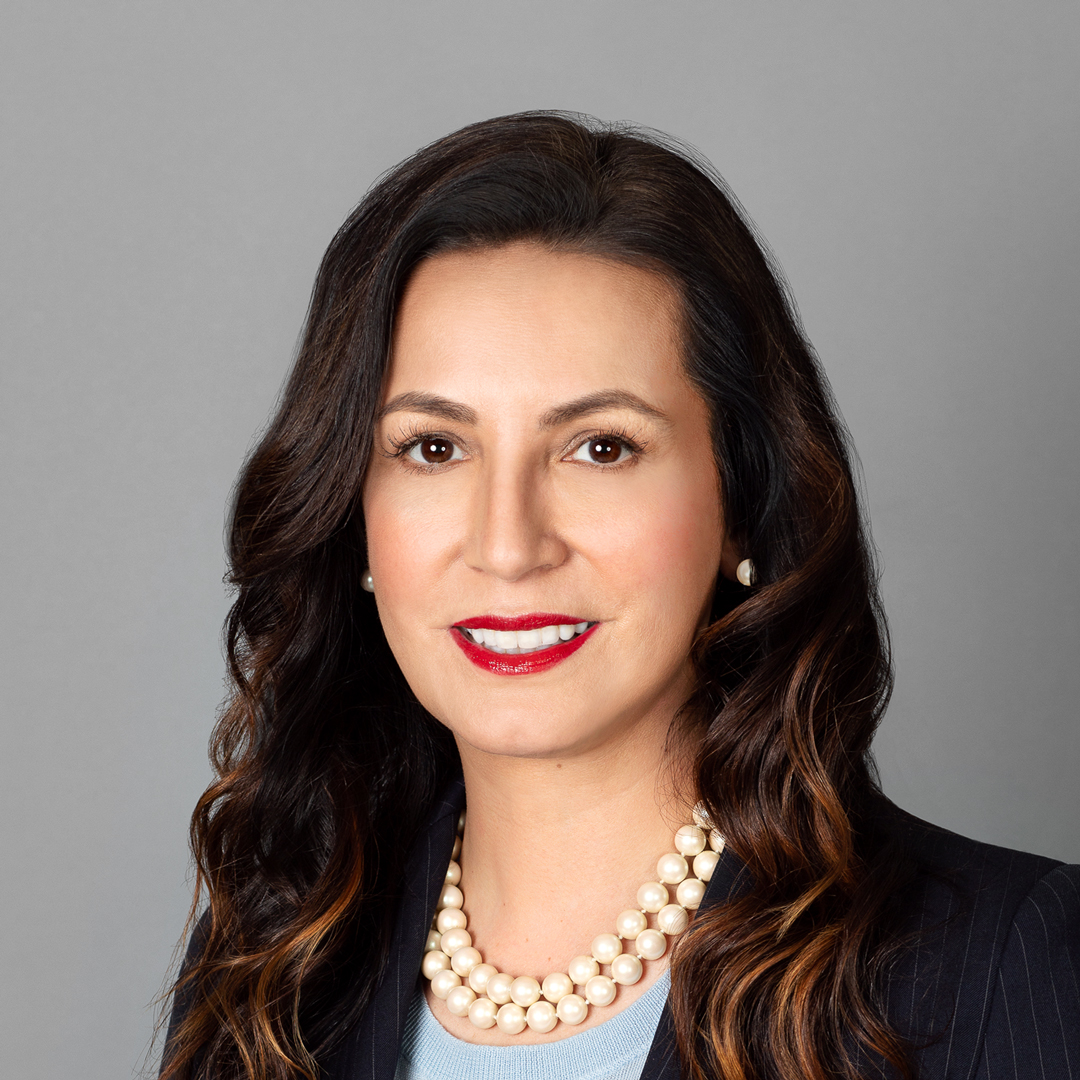|
Getting your Trinity Audio player ready...
|
I was walking around my local outdoor market the other day when a well-dressed older gentleman quietly approached me and, almost whispering, attempted to sell me something. He held a small notebook and a few fliers but spoke too quietly; I couldn’t hear nor understand what he was peddling.
Turns out he was a sales representative with J. García López, one of Mexico’s top funeral homes and funeral planning services. The sales rep wanted me to buy into any of their funerary services. After all, he said, “we’re all going to end up there.”
Terrorized, I sped away and back into the hustle and bustle of the market’s fruit and vegetable vendors, and instead of buying my future coffin and grave plot, I got myself an elote.
Even after all my years of living in the US, where I was trained to save, invest, get a mortgage, and plan for retirement, my approach to life planning remains wholeheartedly Mexican. Unlike most of my American friends in my age group, I do not own property, I barely contribute money to my 401K, and I have minor savings (of course, in a bank account that renders next to zero in annual interest).
Me, plan for my own funeral? ¡Antes muerta!
WARNING: Before you continue reading and remind this writer that neither the US nor Mexico will financially provide for her in old age, please remember this column was conceived to be handled with a serious dose of humor.
“This Mexican would rather keep her cash where she can keep see it, even if it gains laughable interest each year or depreciates faster than a day-old avocado.”
Laura Martínez
I thought my lack of financially savvy was an anomaly, not the norm. But when I moved back to Mexico I realized my loved ones here were much the same. None of my siblings or close cousins own their homes, nor do they have health insurance, or at least some kind of financial emergency fund (that I know of).
A retirement plan? We barely have a five-year plan (yet another thing I learned from Americans).
Future planning—let alone planning for our own imminent demise—is not as prevalent or done in the same way for Latinos. Many of us are more likely to pray and hope nothing bad will happen while we navigate the present. And some of us are lucky enough to have a primo or two in the US sending us precious dólares and planning for us.
In fact, the only members of my family who actually have a mortgage, life insurance, and college funds for their kids are the ones who moved to the US decades ago. Some of them even bought property in Mexico and plan to split their time between here and there with the ultimate goal of retiring in Mexico at some point.
Earn dollars, live in pesos, and eat like the gods: the perfect trifecta.
In Mexico, on the other hand, distrusting the government and banking institutions (to name a few) is a national sport. We are often more comfortable paying in cash, avoiding acruing debt or—God forgive—having others manage our money. Stocks? Bonds? ¡No, gracias! Our mattresses, closets, and hidden drawers are a more appropriate home for our savings, if we even manage to have any.
For a culture that reveres death, planning ahead or even putting some money aside to cover our funeral expenses is considered weird in Mexico, at best. We leave the whole trámite to those who are lucky enough to have outlived us. We even have a little saying for it: we let our loved ones “cargar con el muerto.”
Laura Martínez
For a culture that reveres death, planning ahead or even putting some money aside to cover our funeral expenses is considered weird in Mexico, at best. We leave the whole trámite to those who are lucky enough to have outlived us. We even have a little saying for it: we let our loved ones “cargar con el muerto.”
And don’t get me started on retirement plans. IRAs, Roth IRAs, 401(k)s—they’re a foreign language to us. I was raised to believe that the stock market was as bad as “el cuco” and that Latin American bonds could not be trusted under any circumstance.
This Mexican would rather keep her cash where she can keep see it, even if it gains laughable interest each year or depreciates faster than a day-old avocado. I just like to check my bank to make sure everything is still there—obviously, not at a responsible weekly cadence but at least when bills are due.
Of course, not all Latinos are as skeptical (i.e., dumb) as me when it comes to financial planning. But at least in my family, our lack of financial savviness and acceptance of such has become a long-running joke.
As my mom used to tell us when we were growing up and cracked us up every time: “I have saved enough money to last me until the day I die, as long as I die tomorrow.”
Stay tuned for Laura Martinez’s next Hisplaining column, which will tackle other key biz terms and jargon and help leaders everywhere smoothly navigate the multicultural business world. In the meantime, send us tips and ideas for other terms and jargon that you’d like to see us feature. And remember: Don’t panic . . . it’s just his-PANIC!

